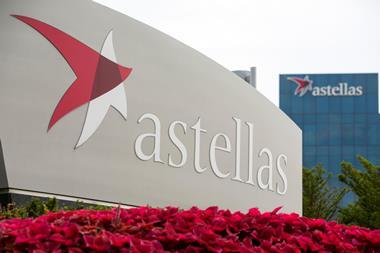New drug adds new treatment options and increases competition in premium market
The US Food and Drug Administration has approved a new combination hepatitis C (HCV) treatment from US firm Merck & Co. Zepatier (elbasvir and grazoprevir) joins the growing family of new drugs that can cure the disease without the use of interferon, which causes unpleasant side effects.
Zepatier can be used to treat HCV genotypes 1 and 4, making it complementary to drugs like Gilead’s Sovaldi (sofosbuvir) and Harvoni (ledipasvir and sofosbuvir); Olysio (simeprevir) from Janssen; Daklinza (daclatasvir) from Bristol-Myers Squibb; and Abbvie’s Viekirax combination of dasabuvir with ombitasvir, paritaprevir and ritonavir. All have been introduced since 2011, and manufacturers are working to develop treatment regimes that extend to different HCV variants.
This new wave of hepatitis C drugs has been criticised for the high prices set by manufacturers, sparking challenges to Gilead’s patents and an investigation by the Massachusetts attorney general, Maura Healey, claiming that the high price constitutes unfair trade practice and causes public harm by depriving patients of the drug. For its part, Merck claims to have set the list price of Zepatier significantly below other HCV drugs. However, once deals and discounts are taken into account, the pricing appears to be broadly similar to competing products.












No comments yet